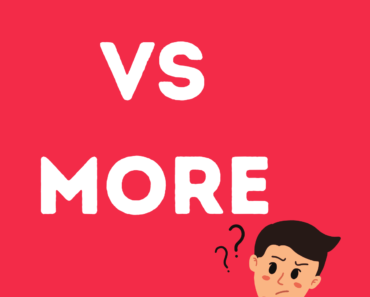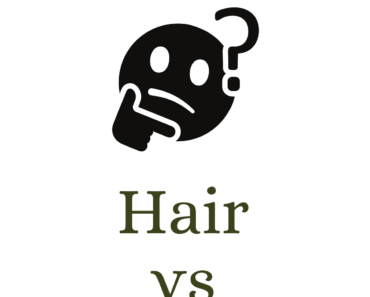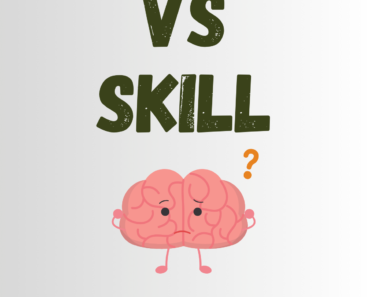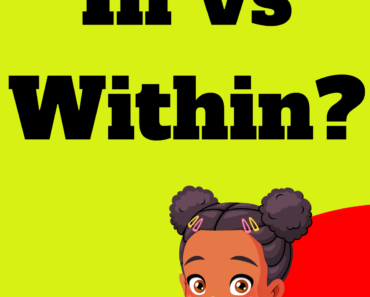Fate and destiny are often used interchangeably, yet they hold distinct meanings.
- Fate refers to the predetermined and inevitable course of events that is beyond our control. It’s often viewed as a predetermined outcome set in stone, regardless of one’s efforts.
- Destiny, on the other hand, embodies a sense of purpose and direction, implying that individuals have some influence over their path through their choices and actions.
Fate is fixed and unavoidable, destiny suggests a journey toward a specific goal or calling that one can shape through decisions and effort.
Fate
Definition: Fate is the concept of events being predestined and unchangeable, often attributed to divine or cosmic forces.
Usage:
- In Literature: Fate frequently appears in literature as an uncontrollable force guiding characters’ lives. For instance, in Greek tragedies like “Oedipus Rex,” fate is inevitable.
- In Philosophy: Many philosophical debates center around fate’s influence on free will. Determinism argues that all events are preordained.
- In Everyday Language: People often attribute serendipitous or inexplicable events to fate, saying things like “It was fate that we met.”
Examples:
- “Romeo and Juliet” by William Shakespeare portrays fate as the tragic force that leads to the young lovers’ demise.
- In daily life, someone might say, “It was fate that brought me to this career,” to imply that their path was predestined.
Destiny
Definition: Destiny implies a more personalized journey shaped by choices and efforts, suggesting an individual’s capacity to influence their life’s direction.
Usage:
- In Literature: Destiny is often depicted as a journey that characters embark upon, reflecting their choices and actions. Harry Potter’s destiny to fight Voldemort illustrates this theme.
- In Philosophy: Philosophers consider destiny as a mix of predetermined paths influenced by human decisions.
- In Everyday Language: People often speak of destiny when referring to future goals or ambitions, as in “He is destined for greatness.”
Examples:
- In “The Alchemist” by Paulo Coelho, the protagonist believes in fulfilling his personal destiny through a journey of self-discovery.
- A person achieving their lifelong dream may say, “I always knew it was my destiny to become a doctor,” implying they were meant to follow this path.







